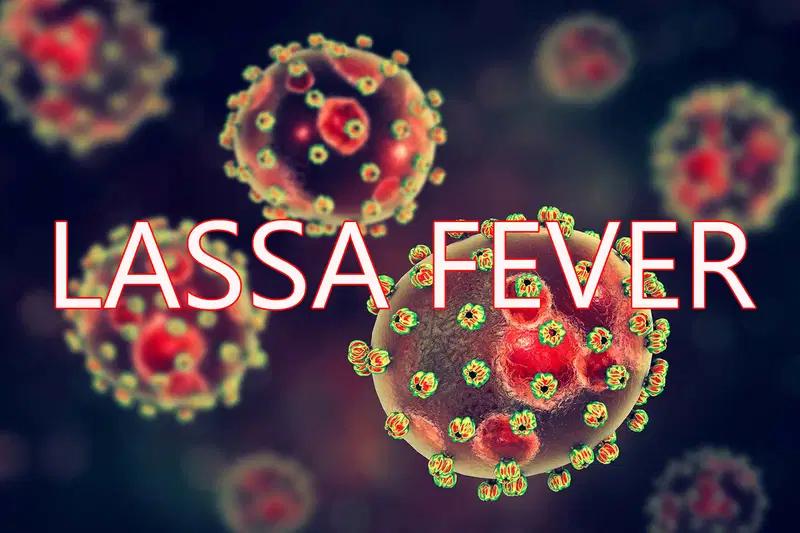Lassa Fever: NCDC Confirms 747 Cases, 142 Deaths Across 18 States

Lassa Fever: NCDC Confirms 747 Cases, 142 Deaths Across 18 States

The Nigeria Centre for Disease Control and Prevention (NCDC) has reported 142 deaths and 747 confirmed cases of Lassa fever across 18 states, as of Epidemiological Week 22, 2025.
According to its latest situation report released on Thursday, the agency stated that the Case Fatality Rate (CFR) stands at 19.0%, a slight increase compared to the same period in 2024.
According to the report, the number of new confirmed cases rose from six in Week 21 to eight in Week 22, with Ondo, Bauchi, Edo, and Nasarawa states accounting for the new infections.
The NCDC revealed that 91% of all confirmed cases originated from five states:Ondo (31%),Bauchi (25%),Edo (16%),Taraba (16%),Ebonyi (3%)
The most affected age group is 21–30 years, with a median age of 30. The male-to-female ratio among confirmed cases stands at 1:0.8.
While there has been a reduction in both suspected and confirmed cases compared to 2024, the NCDC emphasised that it remains vigilant, continuing to coordinate response activities through its national multi-partner, multi-sectoral Incident Management System (IMS).
The agency underscored the need for sustained public awareness, proper hygiene practices, and community engagement to prevent further spread, especially in high-risk areas.
To bolster the national response, the NCDC reported a number of interventions, including:
Deployment of 10 National Rapid Response Teams to affected states using a One Health approach.
Launch of an IPC (Infection Prevention and Control) e-learning platform, powered by DRASA and funded by the Global Fund.
Printing and distribution of IPC guidelines for Viral Haemorrhagic Fevers (VHFs) to health facilities, with support from the Robert Koch Institute.
Support for State IPC structures, treatment centres, and the Orange Network to reduce hospital-acquired infections (HAIs).
Webinars on clinical management and training of healthcare workers in Bauchi, Ebonyi, and Benue states, supported by the WHO.
Forecasting and distribution of medical countermeasures, including PPEs, Ribavirin, and body bags to states and treatment centres.
The NCDC noted that surveillance, contact tracing, and active case finding are ongoing in the affected areas.
It also highlighted its collaboration with Georgetown University and other international health partners to combat the outbreak.
“We remain committed to strengthening surveillance, supporting state-level response efforts, and improving risk communication to safeguard public health,” the agency stated.
Lassa fever, a viral hemorrhagic disease transmitted through contact with infected rodents or bodily fluids of infected persons, remains endemic in Nigeria, especially during the dry season.
The NCDC continues to urge the public to practice good personal hygiene, avoid contact with rodents, and seek prompt medical attention if symptoms occur.






